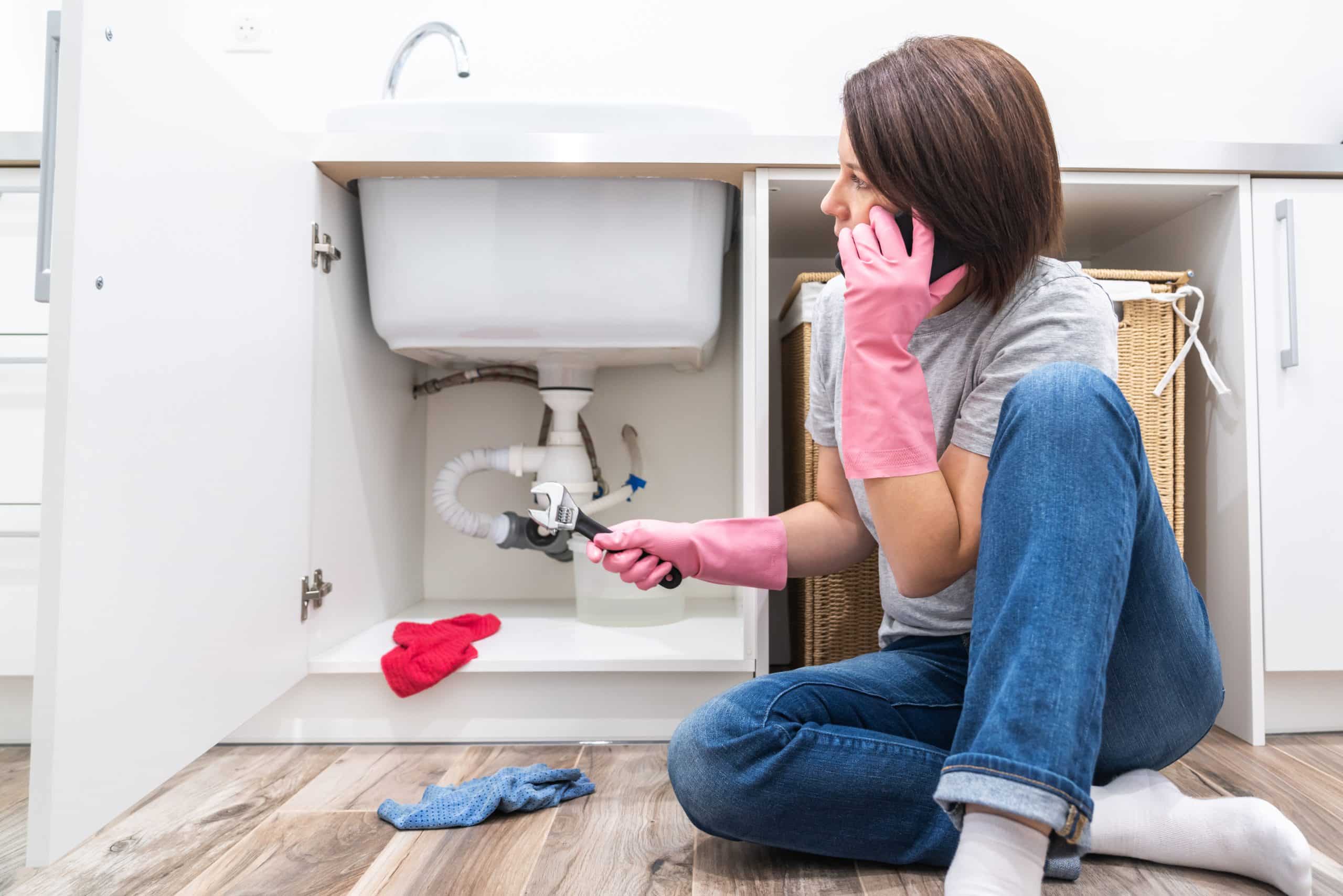

Articles
What Is A Plumbing Emergency
Modified: October 20, 2024
Discover helpful articles about plumbing emergencies and learn what constitutes a plumbing emergency and how to handle them effectively.
(Many of the links in this article redirect to a specific reviewed product. Your purchase of these products through affiliate links helps to generate commission for Storables.com, at no extra cost. Learn more)
Introduction
Plumbing emergencies can strike at any time, often causing immediate panic and stress. From burst pipes to overflowing toilets, these unforeseen events can wreak havoc on your home and disrupt your daily routine. Understanding what constitutes a plumbing emergency and how to handle them can help you minimize damage and protect your property.
In this article, we will delve into the world of plumbing emergencies and provide you with valuable insights and tips on how to deal with these situations effectively. Whether you are a homeowner or a renter, having this knowledge can make all the difference when faced with a sudden plumbing crisis.
So, let’s dive in and discover what exactly defines a plumbing emergency and why it is crucial to act promptly in such situations.
Key Takeaways:
- Plumbing emergencies, such as burst pipes and sewer backups, require immediate attention to prevent extensive damage. Recognizing the signs and taking swift action can help protect your property and ensure your family’s safety.
- Stay calm and follow the steps to address a plumbing emergency effectively. Preventive measures, regular inspections, and prompt repairs can minimize the risk of emergencies and keep your plumbing system in optimal condition.
Read more: What Is The Best Pre-Emergent For Lawns
Definition of Plumbing Emergency
A plumbing emergency refers to any unexpected and urgent plumbing issue that requires immediate attention and repair. These emergencies can result in significant damage to your property if not addressed promptly. The severity of a plumbing emergency can vary, ranging from minor inconveniences to major disasters.
Some common examples of plumbing emergencies include:
- Burst Pipes: A burst pipe occurs when the pipe’s integrity is compromised, causing water to gush out uncontrollably. This can lead to extensive flooding and damage to your walls, floors, and belongings.
- Water Leaks: A water leak can occur from faulty plumbing fixtures, pipes, or appliances. Even a small leak can cause water damage and mold growth if left unattended.
- Sewer Backups: A sewer backup happens when wastewater from your home fails to flow properly, leading to sewage backing up into sinks, toilets, or drains. This can cause foul odors, unsanitary conditions, and potential health hazards.
- Frozen Pipes: During colder months, pipes can freeze, causing them to expand and potentially rupture. This can result in water damage and a lack of water supply throughout your home.
- Gas Leaks: While not exclusive to plumbing, gas leaks are emergencies that should never be ignored. The release of natural or propane gas can pose serious health risks, including fire and explosion hazards.
It is important to note that not all plumbing issues qualify as emergencies. For example, a dripping faucet or a slow drain may be considered minor problems that can wait for regular business hours. However, if the situation poses a threat to your safety, property, or the well-being of those in your household, it should be treated as an emergency.
Understanding the definition of a plumbing emergency can help you determine when immediate action is required, ensuring the protection of your home and the well-being of your family.
Common Plumbing Emergencies
Plumbing emergencies can occur in a variety of forms, each presenting its own set of challenges and potential risks. Being aware of these common plumbing emergencies can help you prepare for such situations and take appropriate action when needed.
Let’s take a closer look at some of the most typical plumbing emergencies:
- Burst Pipes: Burst pipes are a serious plumbing emergency that requires immediate attention. This can happen due to freezing temperatures, excessive water pressure, corrosion, or physical damage to the pipes. When a pipe bursts, it can result in significant water damage, causing flooding and potential structural issues.
- Clogged Drains: While a clogged drain may not seem like an emergency at first, if left unattended, it can escalate into a more severe problem. A clogged drain can cause water backups, leading to overflowing sinks, showers, or toilets. This can lead to water damage and unsanitary conditions. It is essential to address clogged drains promptly to prevent further complications.
- Gas Leaks: Gas leaks are extremely dangerous and require immediate attention. If you detect the smell of gas in your home, open windows and doors to ventilate the area and evacuate immediately. Gas leaks can lead to fires, explosions, and severe health risks. Contact a professional plumber or the gas company to handle the situation safely.
- Sewer Backups: A sewer backup can cause wastewater to flow back into your home through drains, toilets, or sinks. This is not only a smelly and unpleasant experience but also poses health hazards. Sewer backups can occur due to tree roots, sediment buildup, or plumbing system malfunctions. It is crucial to address sewer backups promptly to prevent further contamination and damage.
- Water Heater Failure: Your water heater plays a vital role in providing hot water for various household tasks. A malfunctioning or leaking water heater can result in not having hot water, potential flooding, or even scalding injuries. If you notice any issues with your water heater, such as strange noises, leaks, or a lack of hot water, it is important to have it inspected and repaired as soon as possible.
These are just a few examples of common plumbing emergencies, but it is important to note that emergencies can arise in any area of your plumbing system. The key is to be vigilant and take swift action to mitigate the damage and prevent further complications.
Signs of a Plumbing Emergency
Recognizing the signs of a plumbing emergency is crucial to addressing the issue promptly and preventing further damage. By being aware of these signs, you can take immediate action when necessary. Here are some common indicators that you may be facing a plumbing emergency:
- Water Leaks: If you notice water pooling, dripping, or spraying unexpectedly, it could be a sign of a plumbing emergency. Water leaks can cause significant damage to your property and can be indicative of burst pipes or faulty plumbing fixtures.
- Foul Odors: Unpleasant odors coming from your drains or toilets can indicate a sewer backup or a problem with your plumbing system. Sewage backup can pose health risks and requires immediate attention.
- No Hot Water: If your water heater suddenly stops providing hot water, it may signal a malfunction or failure. This can be particularly problematic during colder months when hot water is essential for daily activities.
- Low Water Pressure: A sudden decrease in water pressure throughout your home can be a sign of a plumbing emergency. It could indicate a blockage in the pipes or a larger issue with your plumbing system that needs to be addressed swiftly.
- Gurgling Sounds: Strange gurgling noises coming from your drains or toilets can suggest a sewer line blockage. If left unattended, this can lead to water backups and potential damage to your plumbing system.
- Visible Mold or Mildew: The presence of mold or mildew on your walls, ceilings, or floors can indicate a water leak within your plumbing system. Mold can pose health risks and should not be ignored.
If you notice any of these signs, it is important to take immediate action to prevent the situation from worsening. Contacting a professional plumber as soon as possible can help diagnose the issue and provide the necessary repairs.
Remember, it is always better to be proactive and address a potential plumbing emergency early on rather than waiting for extensive damage to occur. Regular plumbing maintenance and inspections can also help you catch any underlying issues before they turn into emergencies.
Tip: A plumbing emergency can include burst pipes, sewage backups, and major leaks. It’s important to know the location of your main shut-off valve and have a professional plumber’s contact information handy.
Steps to Take During a Plumbing Emergency
Experiencing a plumbing emergency can be overwhelming, but taking immediate action can help mitigate the damage and protect your property. Follow these steps during a plumbing emergency:
- Stay Calm: It’s natural to feel panicked during a plumbing emergency, but it’s important to stay calm and composed. Panicking may affect your ability to think clearly and make the right decisions.
- Turn Off the Water Supply: Locate the main water shut-off valve in your home and turn it off to stop the flow of water. This can help prevent further flooding and water damage. It’s crucial to familiarize yourself with the location of the shut-off valve before an emergency occurs.
- Assess the Situation: Determine the severity of the emergency. If it’s a minor issue that can be safely handled, you may proceed with simple remedies. However, for more complex or dangerous emergencies, it’s best to contact a professional plumber immediately.
- Contact a Professional Plumber: If the situation is beyond your capabilities or you’re unsure how to proceed, call a licensed plumber with emergency services. They have the expertise and tools to handle the problem efficiently and safely.
- Take Safety Precautions: If the emergency involves a gas leak or the potential for electrical hazards, evacuate your home immediately. Do not attempt to fix such issues on your own. Instead, contact the relevant authorities and wait for professionals to handle the situation safely.
- Contain the Damage: While waiting for the plumber to arrive, do what you can to contain the damage. Use buckets or towels to soak up water, close off affected areas, and move valuables or furniture away from the affected area to prevent further damage.
- Communicate Clearly: When the plumber arrives, clearly explain the situation and provide any relevant details. This will help them understand the issue better and respond accordingly.
- Follow the Plumber’s Advice: Listen to the plumber’s recommendations and follow their instructions. They have the expertise to assess the situation and provide the necessary repairs or solutions.
- Document the Incident: Take photos or videos of the damage and keep records of any expenses related to the emergency. This documentation may be useful for insurance claims or future reference.
- Prevent Future Emergencies: Once the emergency is resolved, take steps to prevent similar incidents in the future. Regular maintenance, inspections, and adopting good plumbing practices can help minimize the risk of potential emergencies.
Remember, your safety is the top priority during a plumbing emergency. If you feel unsure or unsafe, do not hesitate to evacuate your home and seek professional assistance. Swift action can help minimize the damage and get your plumbing system back on track.
Read more: What Is Emergency Heat On HVAC
How to Prevent Plumbing Emergencies
While plumbing emergencies can happen unexpectedly, there are preventive measures you can take to minimize the risk of such emergencies occurring in your home. By adopting good plumbing practices and staying proactive, you can help protect your property and avoid costly repairs. Here are some tips to prevent plumbing emergencies:
- Maintain Regular Inspections: Schedule regular inspections of your plumbing system by a professional plumber. They can identify any potential issues before they escalate into emergencies.
- Address Plumbing Issues Promptly: Don’t ignore minor plumbing problems like leaks, slow drains, or dripping faucets. Address them promptly to prevent them from turning into major emergencies.
- Be Mindful of What You Flush: Only flush toilet paper and waste down the toilet. Avoid flushing items like wipes, cotton balls, or feminine products, as they can cause blockages and sewer backups.
- Use Drain Strainers: Install drain strainers in sinks, showers, and tubs to catch hair, debris, and other materials that can cause clogs. Clean the strainers regularly to maintain optimal drain function.
- Avoid Pouring Grease Down the Drain: Grease and cooking oils can solidify inside your pipes, leading to clogs and backups. Allow grease to cool and dispose of it in the trash instead.
- Protect Pipes from Freezing: During colder months, insulate exposed pipes and keep your home adequately heated to prevent pipes from freezing and potentially bursting.
- Exercise Caution with Chemical Drain Cleaners: While chemical drain cleaners may temporarily alleviate clogs, they can also damage your pipes over time. Use them sparingly and follow the instructions carefully.
- Avoid DIY Plumbing Projects: Unless you have experience and knowledge in plumbing repairs, it’s best to leave complex plumbing tasks to the professionals. Improper installations or repairs can lead to more significant problems down the line.
- Know the Location of Shut-Off Valves: Familiarize yourself with the location of shut-off valves for your water supply, gas lines, and individual fixtures. In the event of an emergency, shutting off the water or gas quickly can prevent further damage.
- Invest in Preventative Maintenance: Consider investing in preventative maintenance services offered by professional plumbers. They can perform routine inspections, cleanings, and maintenance tasks to keep your plumbing system in optimal condition.
By following these preventative measures, you can significantly reduce the likelihood of experiencing plumbing emergencies. Taking a proactive approach to your plumbing system’s maintenance and practicing responsible usage habits will go a long way in keeping it functioning smoothly.
Conclusion
Plumbing emergencies can strike at any moment, causing stress, damage, and disruptions to your daily life. However, by understanding what defines a plumbing emergency and knowing how to handle them, you can minimize the impact and protect your property.
In this article, we explored the definition of a plumbing emergency and discussed some common examples, including burst pipes, water leaks, sewer backups, frozen pipes, and gas leaks. We also discussed the signs of a plumbing emergency, such as water leaks, foul odors, and low water pressure.
During a plumbing emergency, it is essential to stay calm, turn off the water supply, assess the situation, and contact a professional plumber if necessary. Taking immediate action and following the advice of a trained professional can help prevent further damage and ensure a timely resolution.
While emergencies are unpredictable, you can take steps to prevent plumbing emergencies from occurring. Regular inspections, prompt repairs, mindful usage habits, and knowing the location of shut-off valves are crucial preventive measures. By being proactive and taking care of your plumbing system, you can minimize the risk of emergencies and enjoy a well-functioning plumbing system.
Remember, safety is paramount during a plumbing emergency. If in doubt or if the situation poses a threat to your well-being, evacuate your home and seek professional assistance. Taking swift action and relying on the expertise of professionals can help safeguard your home and restore normalcy to your life.
By being knowledgeable, prepared, and proactive, you can effectively navigate plumbing emergencies and protect your home from unnecessary damage. Stay vigilant, address issues promptly, and maintain a regular maintenance routine to keep your plumbing system in optimal condition.
Frequently Asked Questions about What Is A Plumbing Emergency
Was this page helpful?
At Storables.com, we guarantee accurate and reliable information. Our content, validated by Expert Board Contributors, is crafted following stringent Editorial Policies. We're committed to providing you with well-researched, expert-backed insights for all your informational needs.
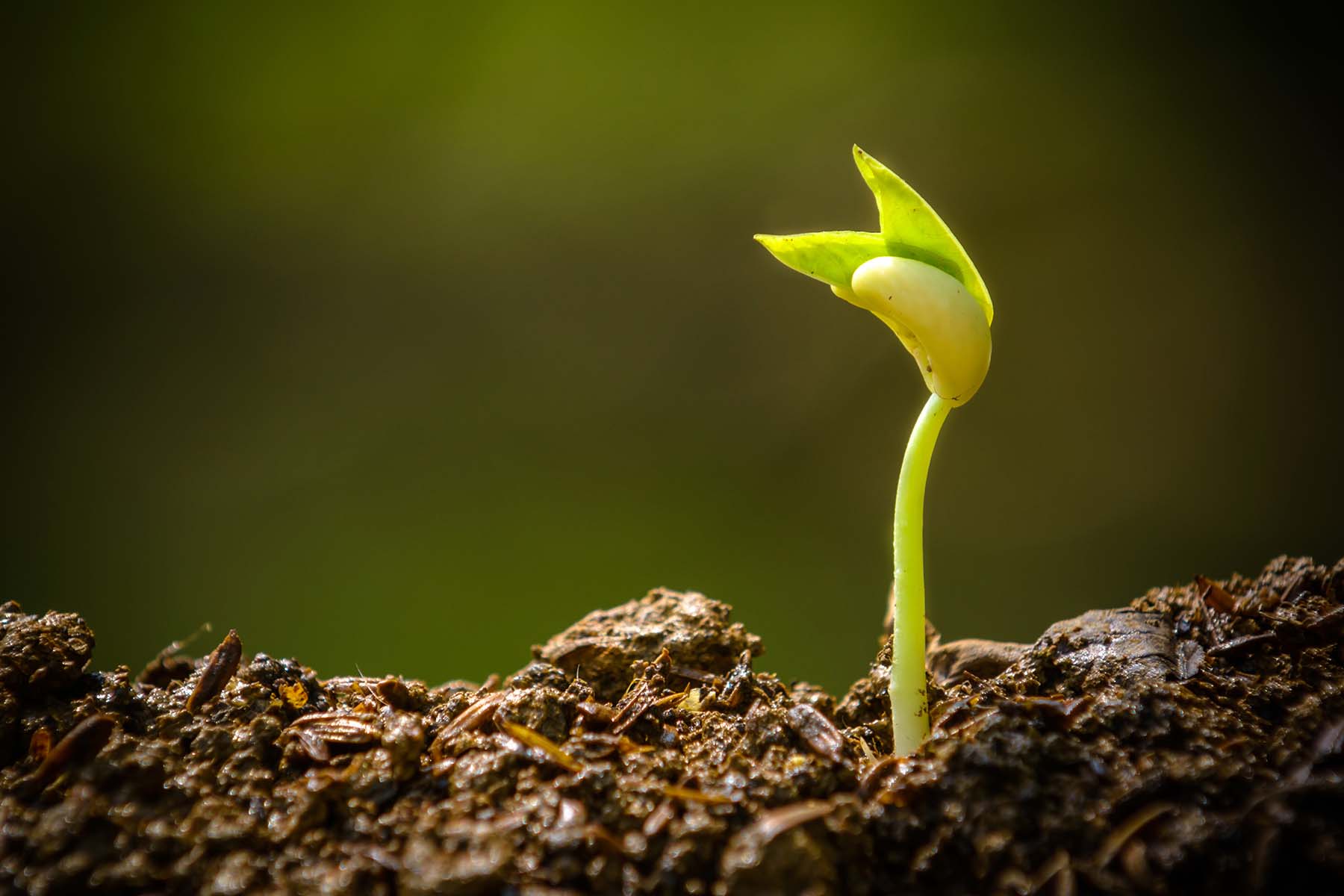
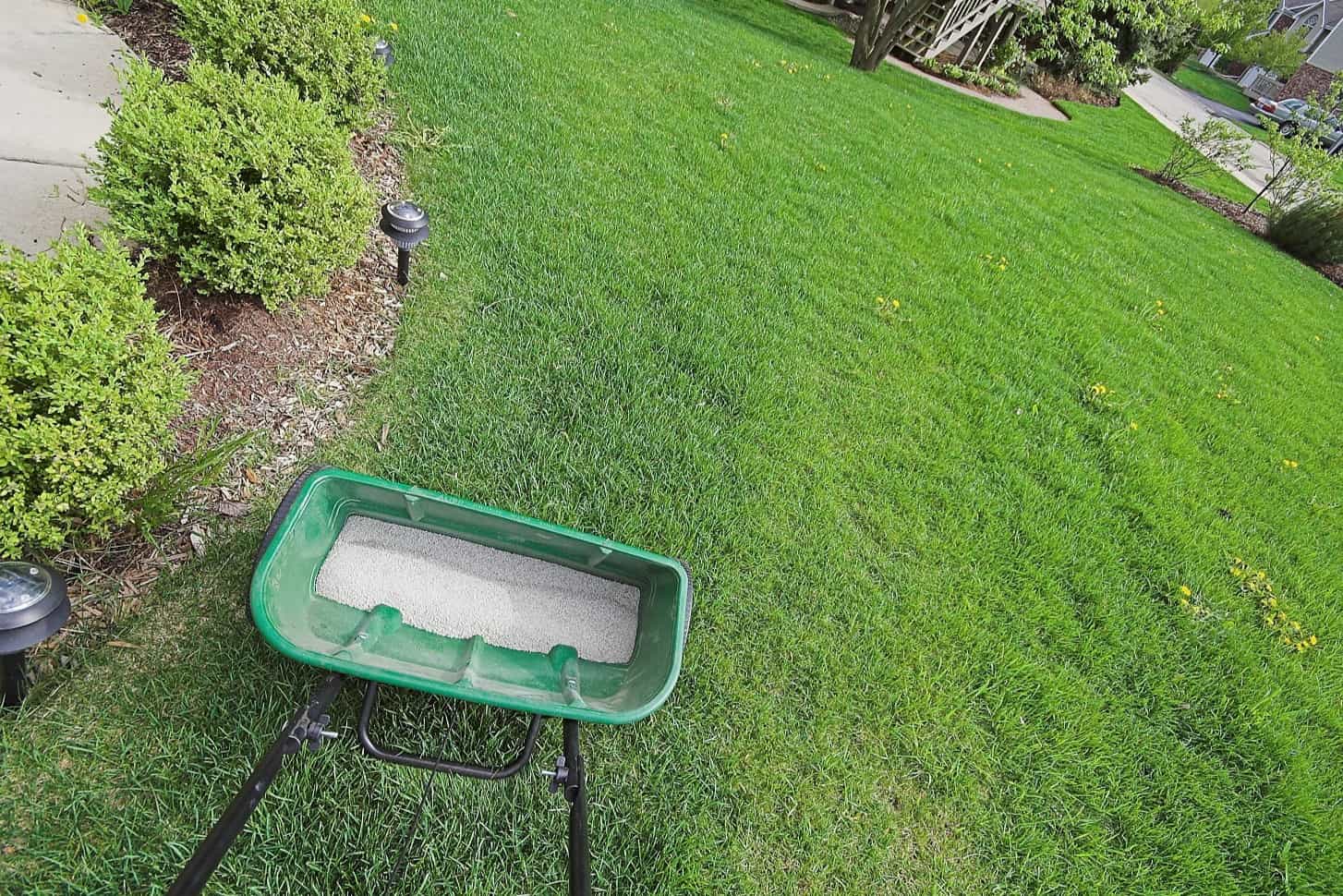
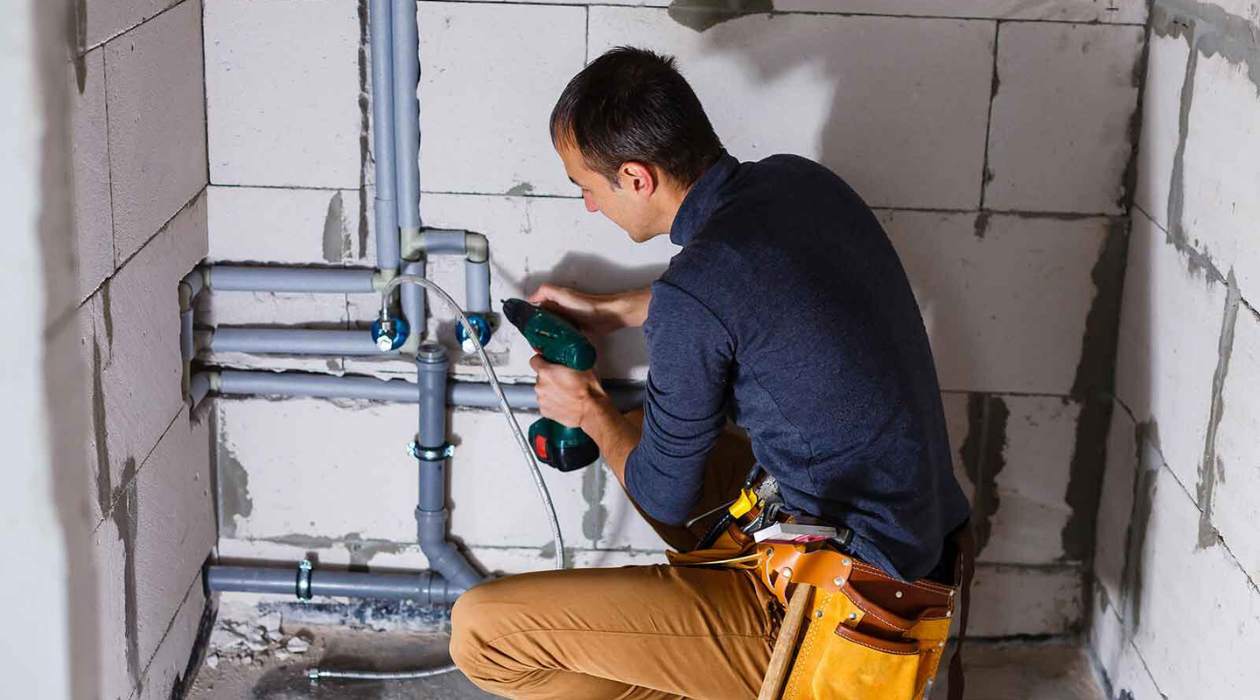
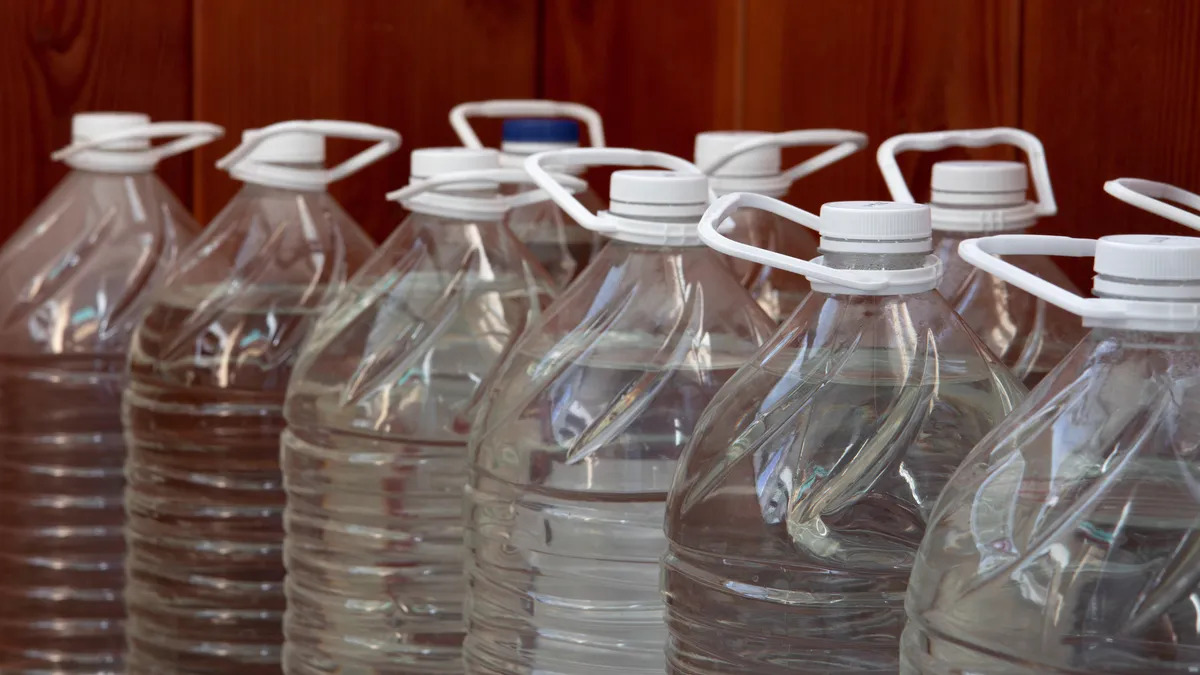
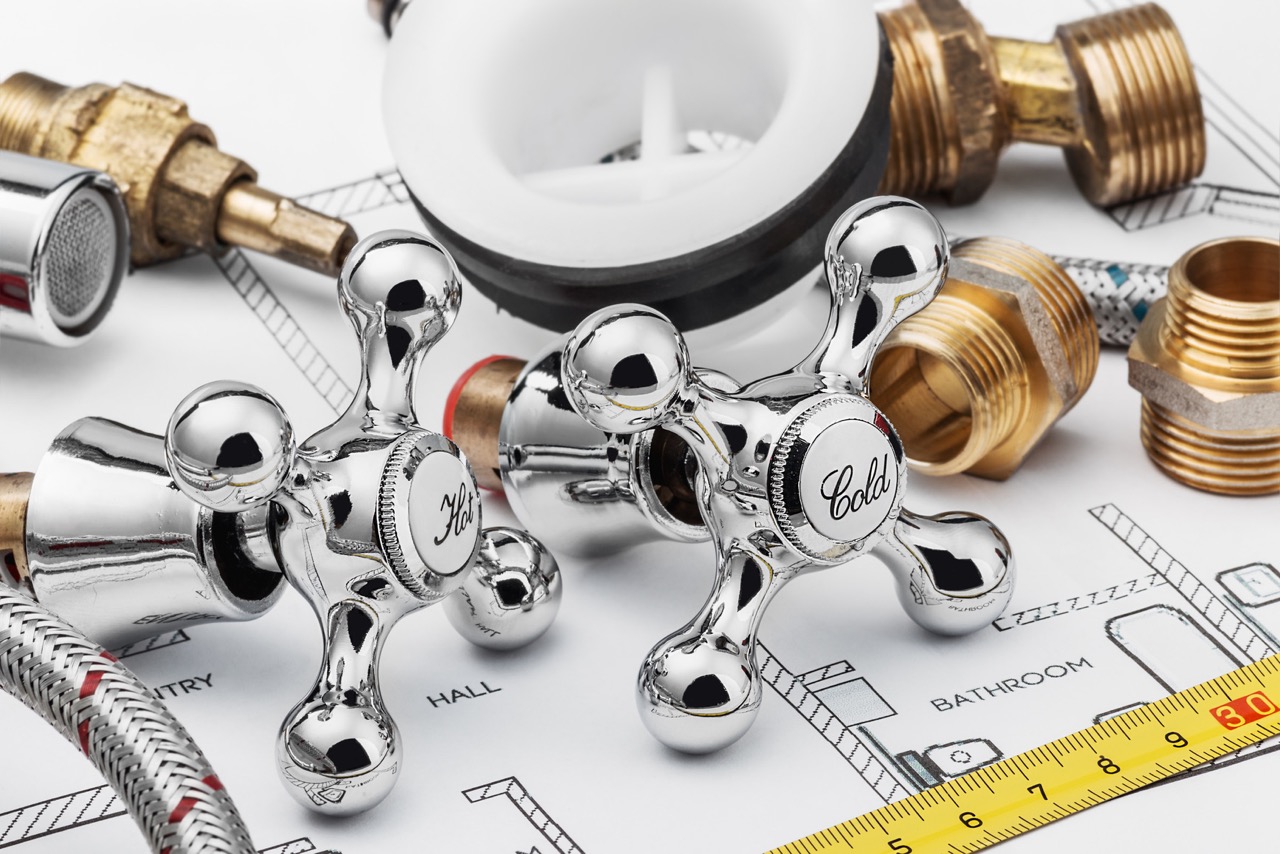
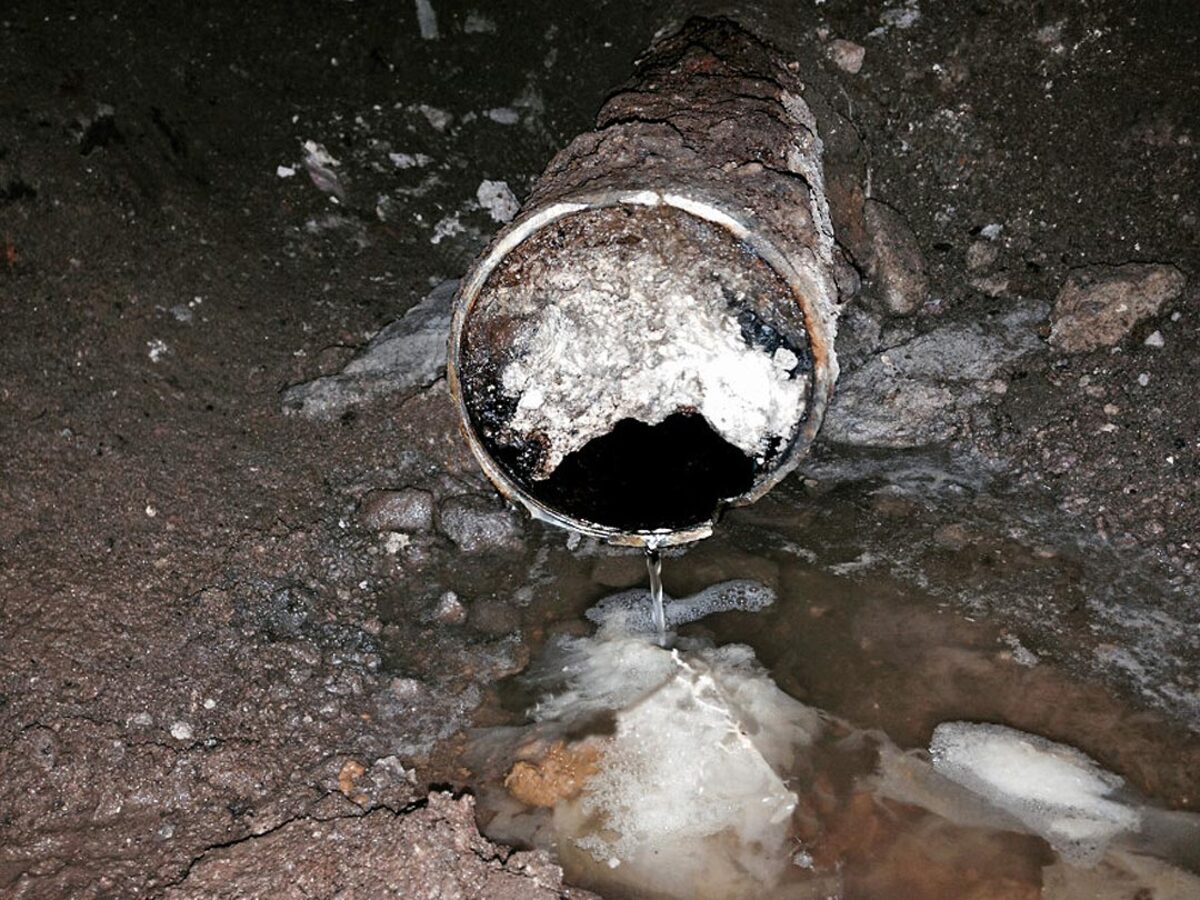
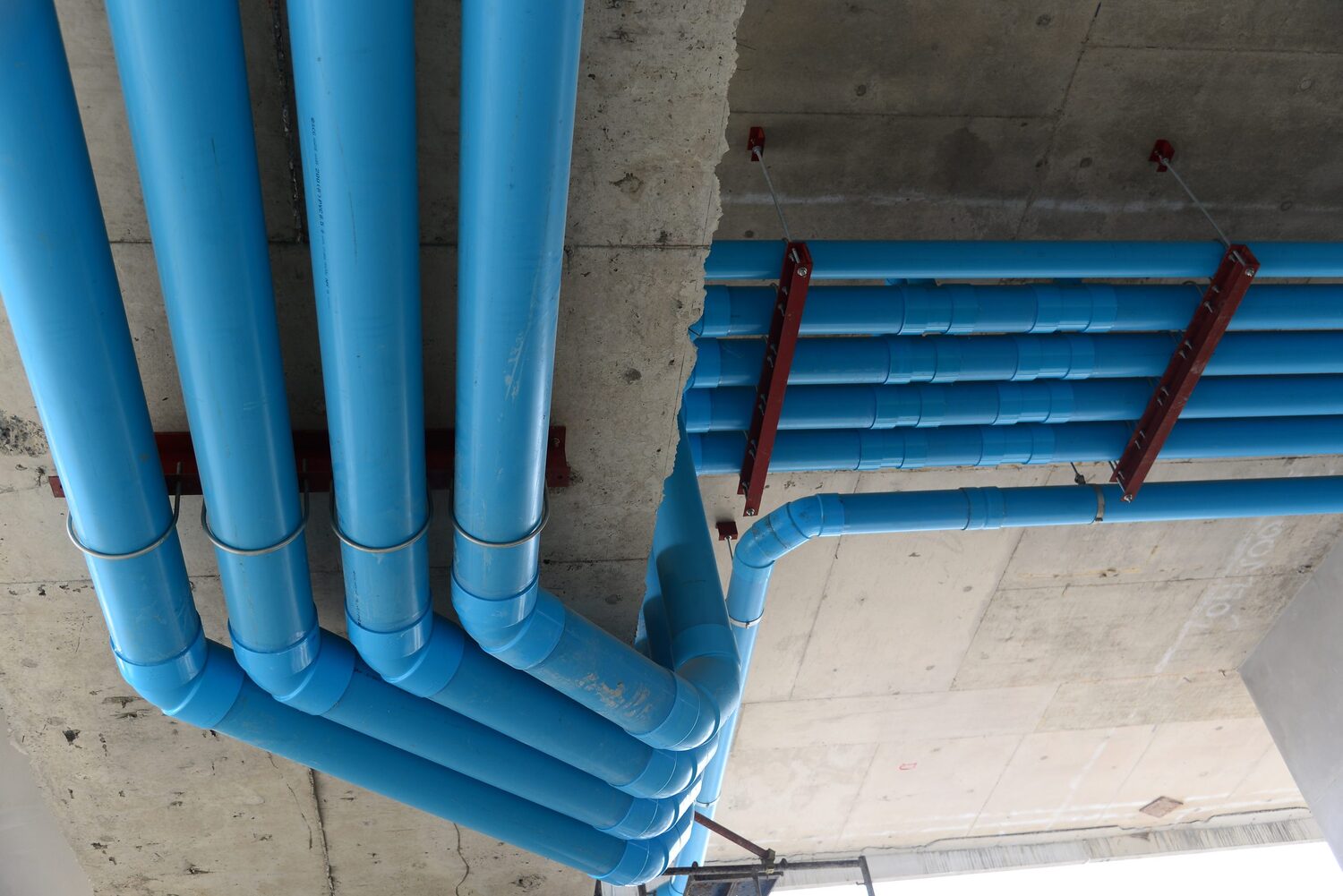
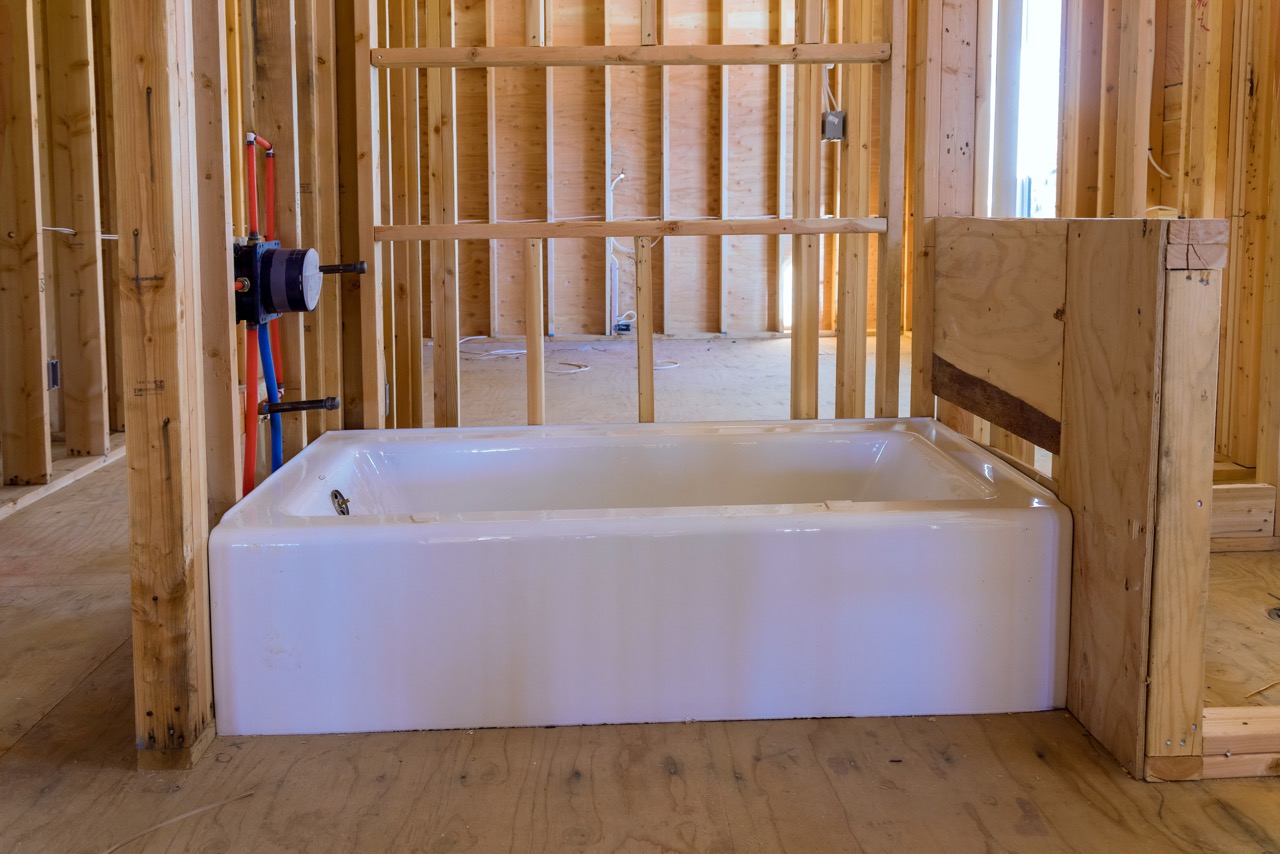
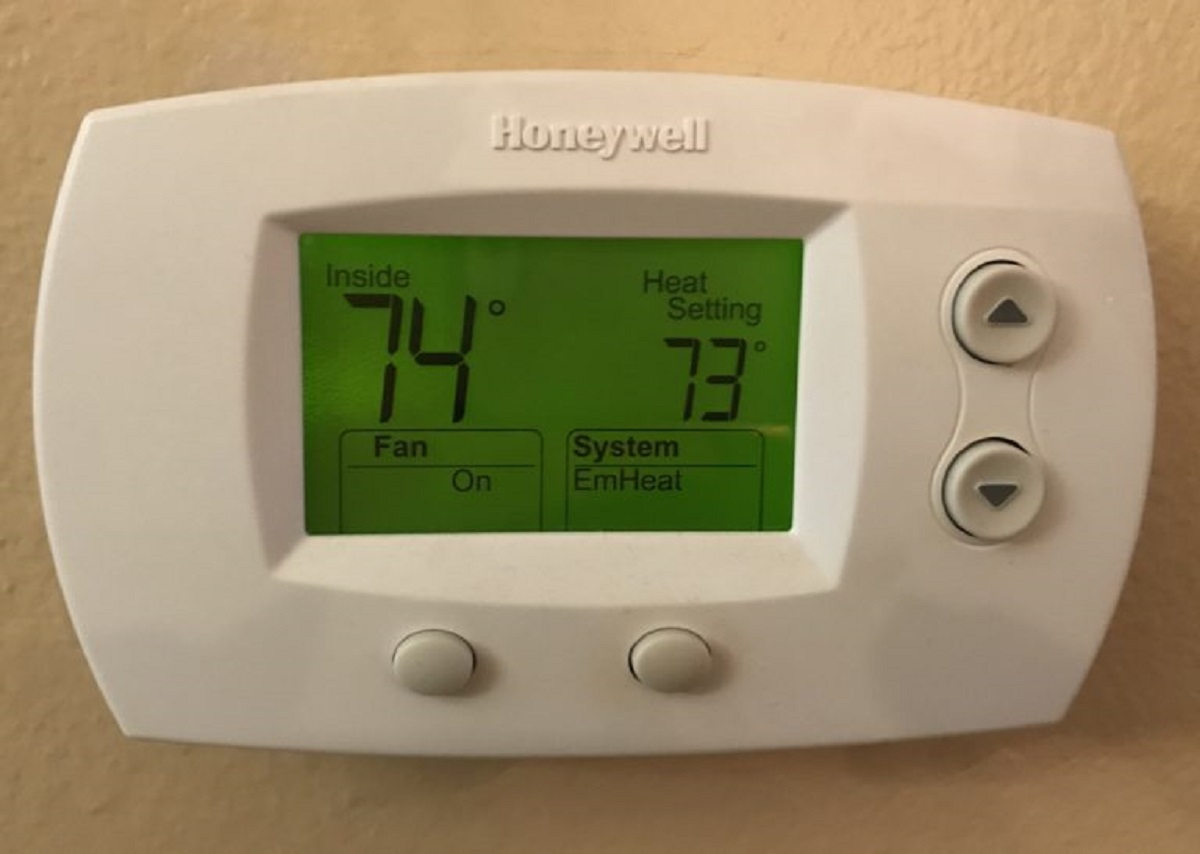
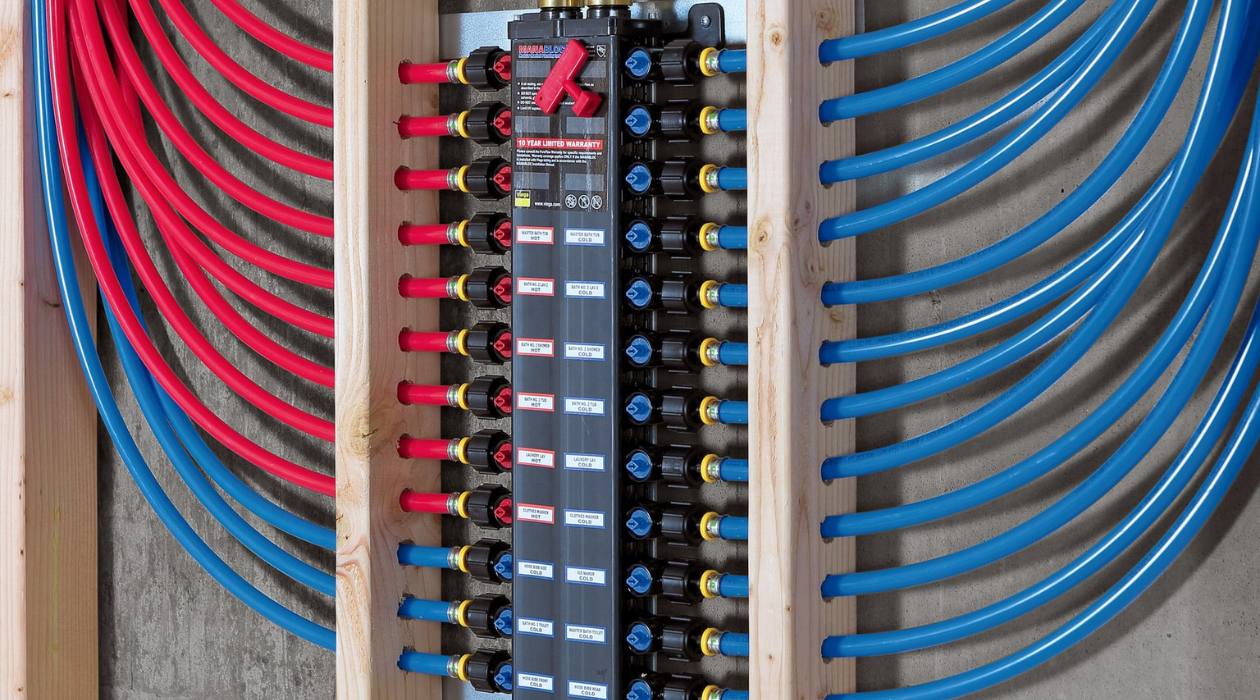
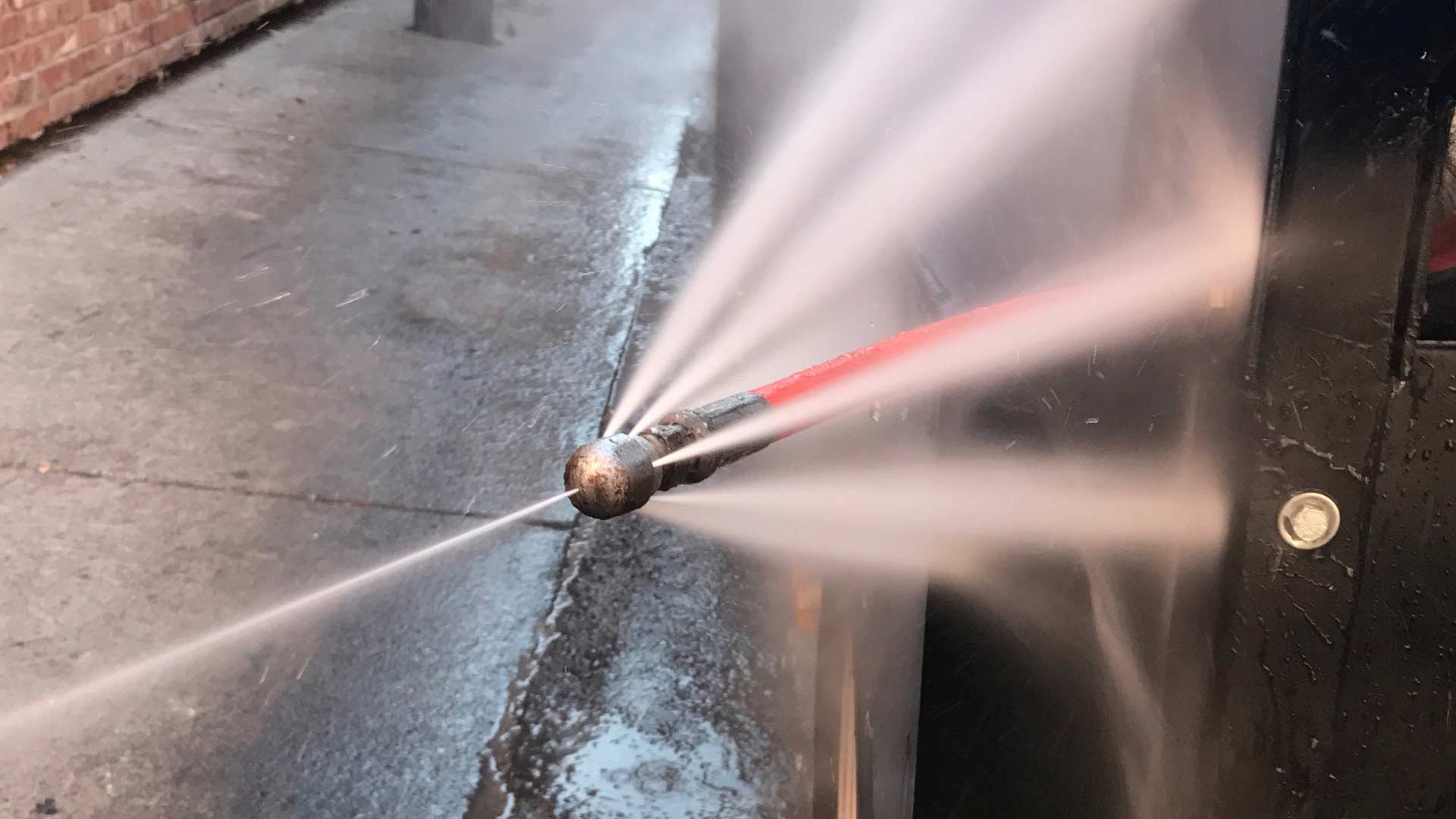
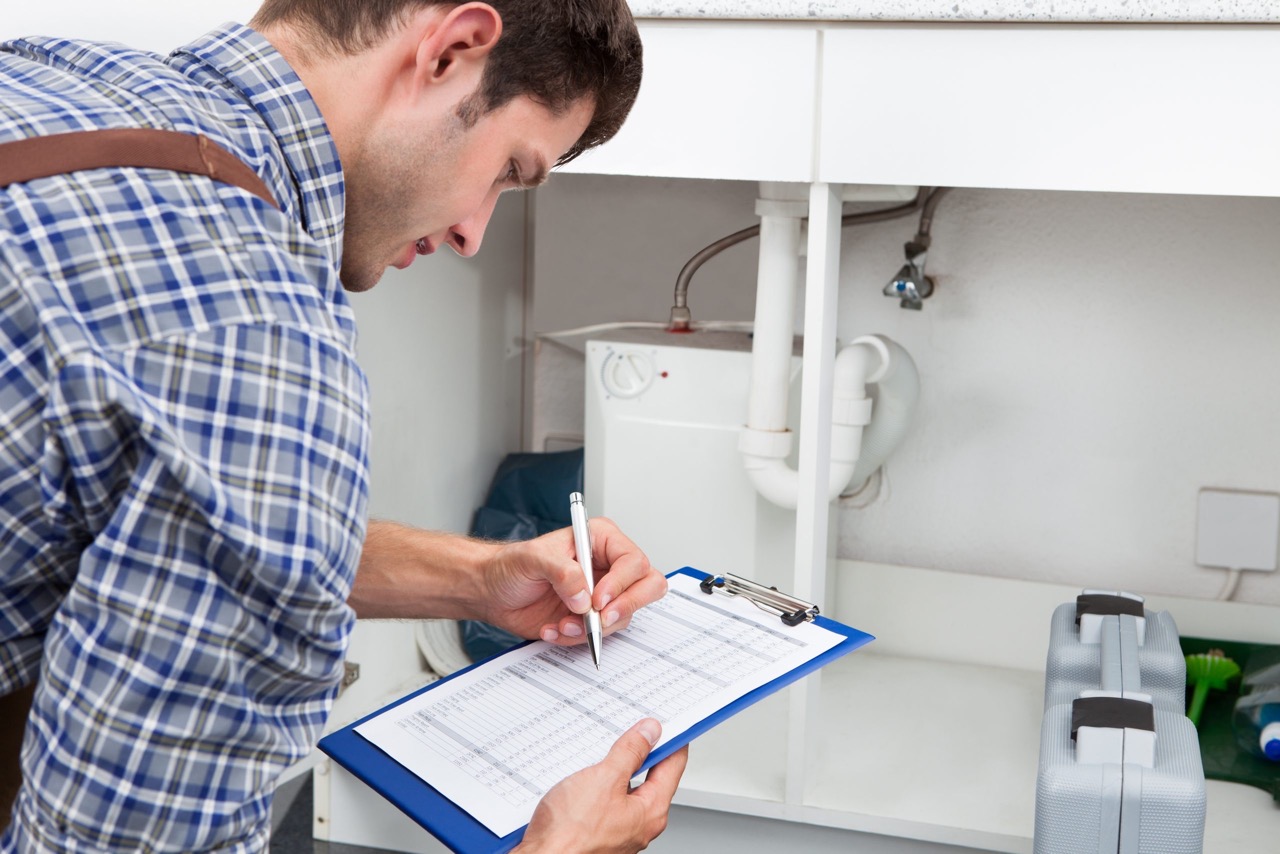
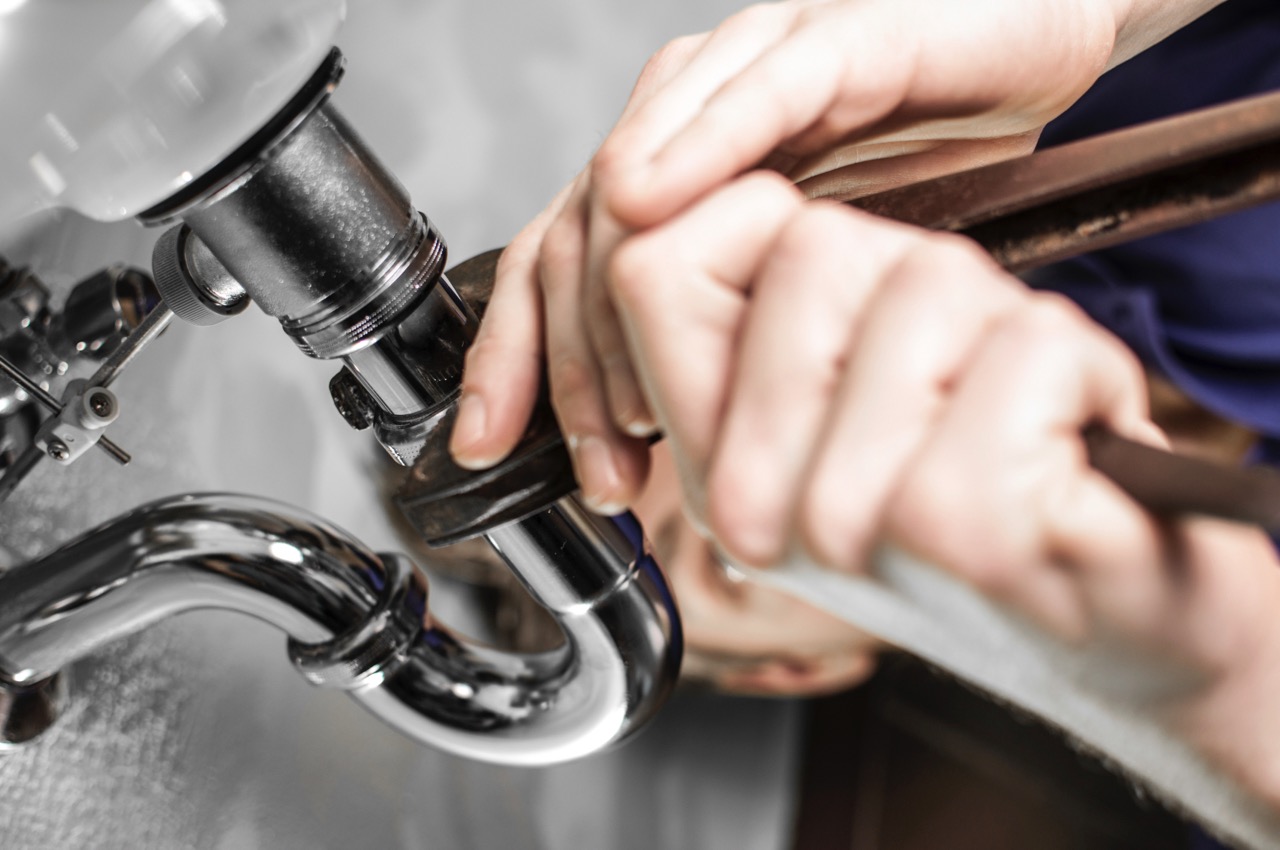
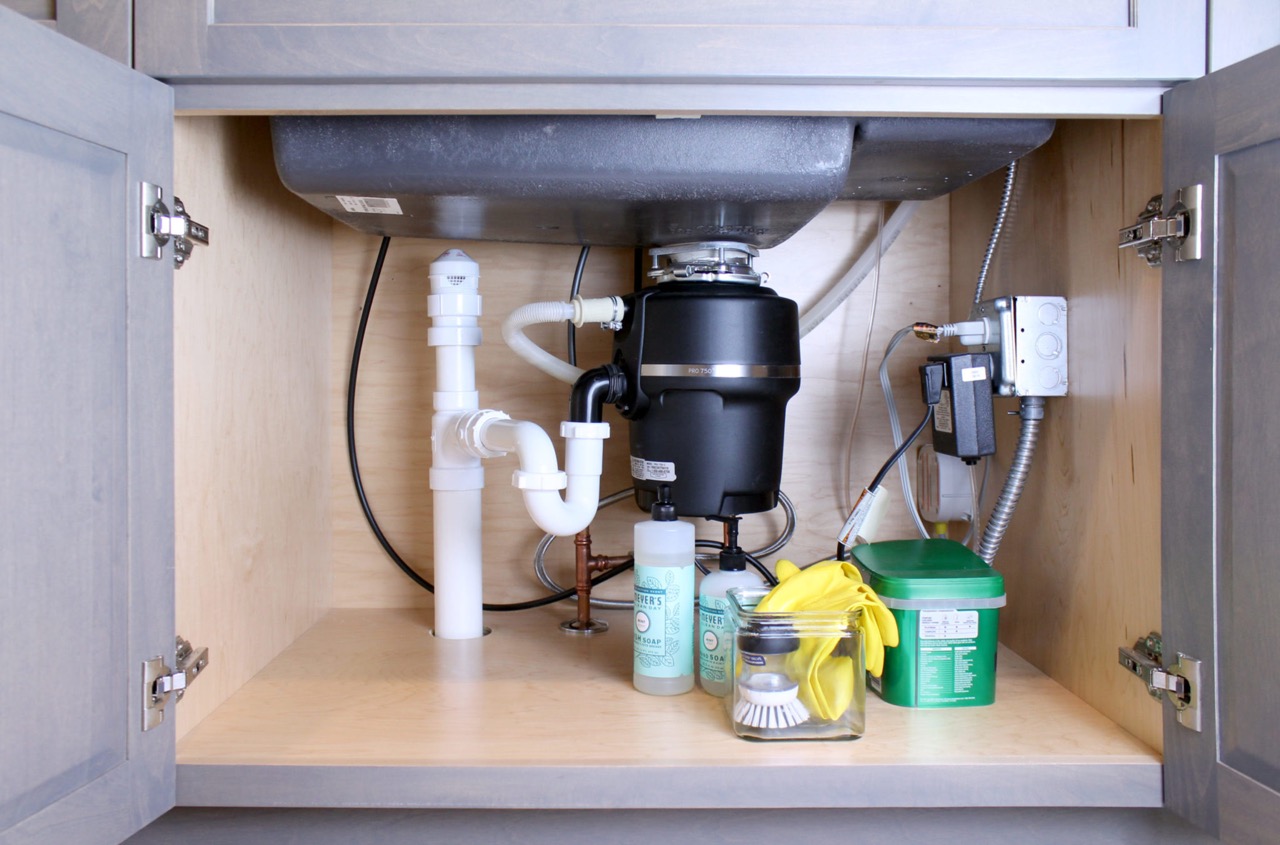

0 thoughts on “What Is A Plumbing Emergency”